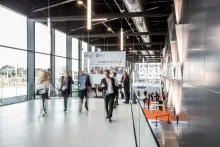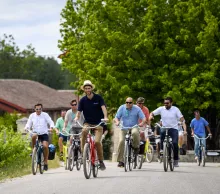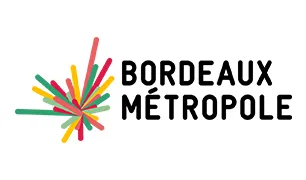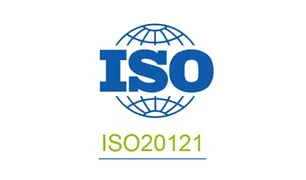
Accessibilité ferroviaire & mobilités douces : Un même mouvement vers l’inclusion et la durabilité
Bordeaux, at the strategic crossroads of south-western France, is a major hub for mobility, offering rapid access to major French and European cities. Linked to Paris by over 33 daily return TGV services, it also has direct links to Lyon, Toulouse, Marseille, Nantes and Spain, reinforcing its role in national and European travel dynamics.
In addition to its rail accessibility, the city embodies an integrated and sustainable vision of urban mobility, with a strong commitment to soft mobility. This approach meets the challenges of the environment, quality of life and inclusion, and is reflected in concrete actions on the ground.
Key figures for soft mobility in Bordeaux
- 250 km of cycle lanes already installed, with an ongoing extension of the network to encourage cycling.
- More than 15,000 self-service bicycles throughout the city, offering a practical and economical alternative to urban travel.
- A tram network of 4 lines, constantly evolving to serve new areas and reduce the city's carbon footprint.
- 500 stations for bicycles and electric scooters, making it quick and easy to switch between different modes of transport.
- More than 1,000 secure cycle parking spaces at stations, facilitating multimodal travel.
Multimodal mobility: a comprehensive offer
Bordeaux offers multimodal mobility, combining trams, bicycles, electric scooters and TER trains. The self-service electric scooters and bicycles provide rapid mobility between tram stations and railway stations, offering maximum flexibility for users, particularly for events.
Increase in TGV Paris-Bordeaux seats
The SNCF is planning a 10% increase in the number of seats on the Paris-Bordeaux TGV lines between now and 2026, to meet growing demand, particularly for events in Bordeaux.










